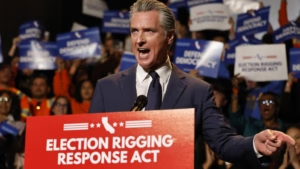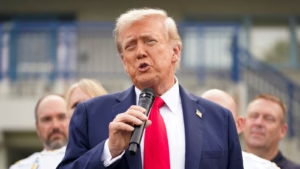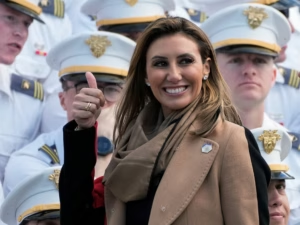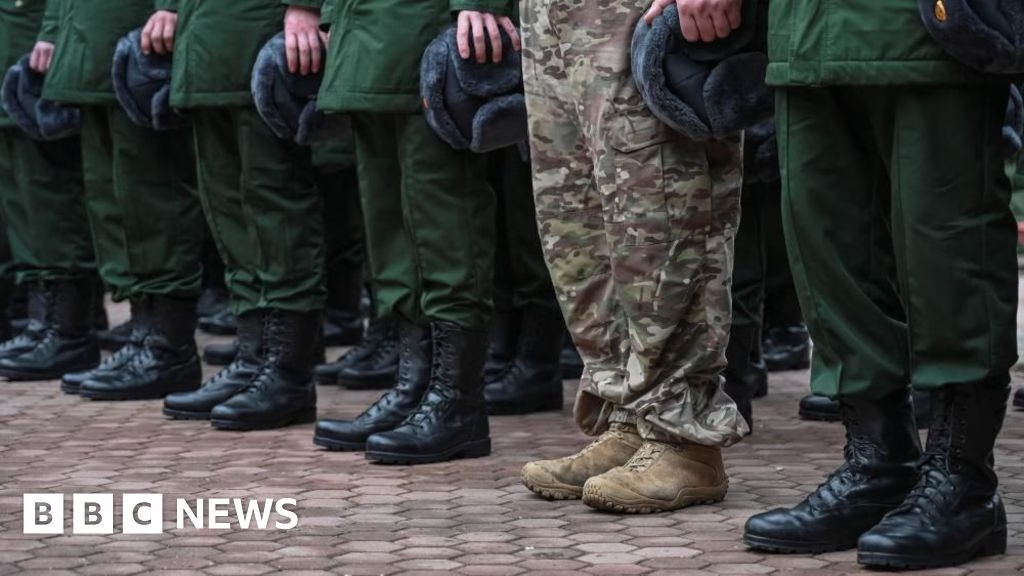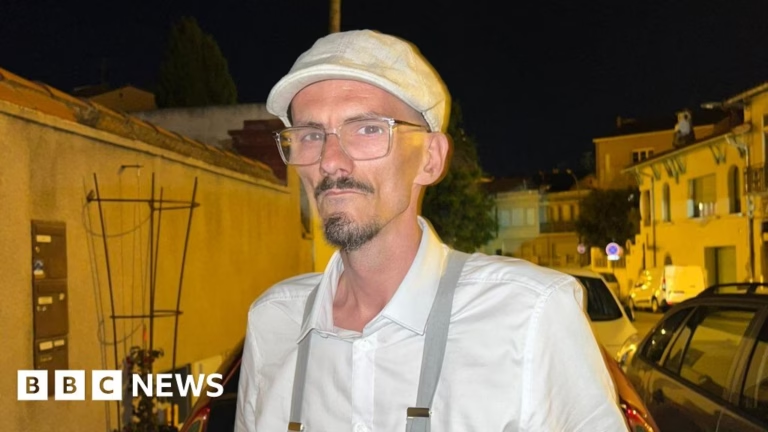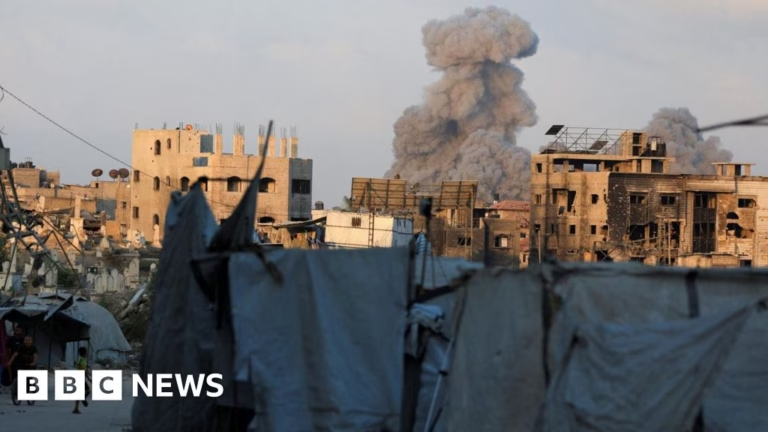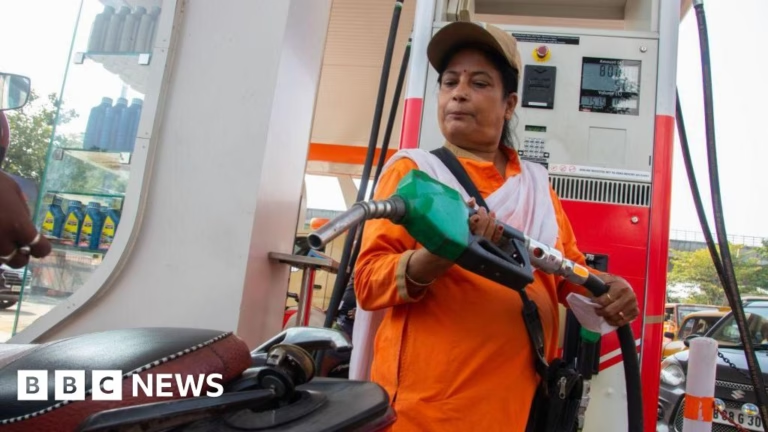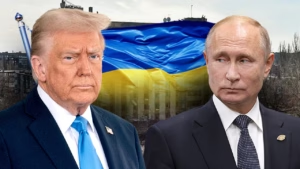President Vladimir Putin has ordered the conscription of 160,000 men aged 18-30, marking Russia’s highest conscription number since 2011, as the nation aims to bolster its military ranks. This latest call-up for a year of military service follows Putin’s earlier statement advocating for an increase in Russia’s military size to almost 2.39 million and its active servicemen to 1.5 million—an 180,000 increase over the next three years.
Vice Admiral Vladimir Tsimlyansky confirmed that these new conscripts would not be deployed to the conflict in Ukraine, which Russia refers to as a “special military operation.” However, previous reports have suggested that conscripts were indeed involved in the fighting in Ukraine during the early stages of the full-scale invasion.
Despite ongoing diplomatic efforts by the US to secure a ceasefire, the violence continues unabated, with Ukraine reporting a Russian attack on a power facility in Kherson, leaving 45,000 people without electricity. Russia has also claimed the capture of another Ukrainian village, Rozlyiv, in the Donetsk region.
Russia traditionally calls up conscripts in the spring and autumn, but the current draft is 10,000 higher than the same period in the previous year. The pool of eligible young men has expanded with the raise in the maximum age for conscription from 27 to 30. Young men can expect to receive draft notifications through postal mail or on the state services website, Gosuslugi.
In addition to the regular conscription drives, Russia has recruited a substantial number of men as contract soldiers and enlisted soldiers from North Korea. This push is partly a response to significant military casualties in Ukraine, with numbers verified by the BBC and Mediozona standing at over 100,000 soldiers killed, and the actual toll possibly more than double.
Since the invasion of Ukraine in February 2022, Putin has tripled the size of the military. The defence ministry attributes this increase to growing security concerns stemming from the ongoing conflict in Ukraine and the expansion of NATO, which has welcomed Finland and Sweden as members in response to Russia’s aggression.
In light of the security situation, Finland’s Prime Minister Petteri Orpo has announced the country’s decision to withdraw from the Ottawa convention banning anti-personnel mines, following similar moves by Poland and the Baltic states. Orpo emphasized that the decision is based on military advice and that the public has no cause for concern.
Concurrently, Finland’s government has committed to increasing defence spending to 3% of GDP, up from 2.4% the previous year.
Source: https://www.bbc.com/news/articles/c36718p52eyo

